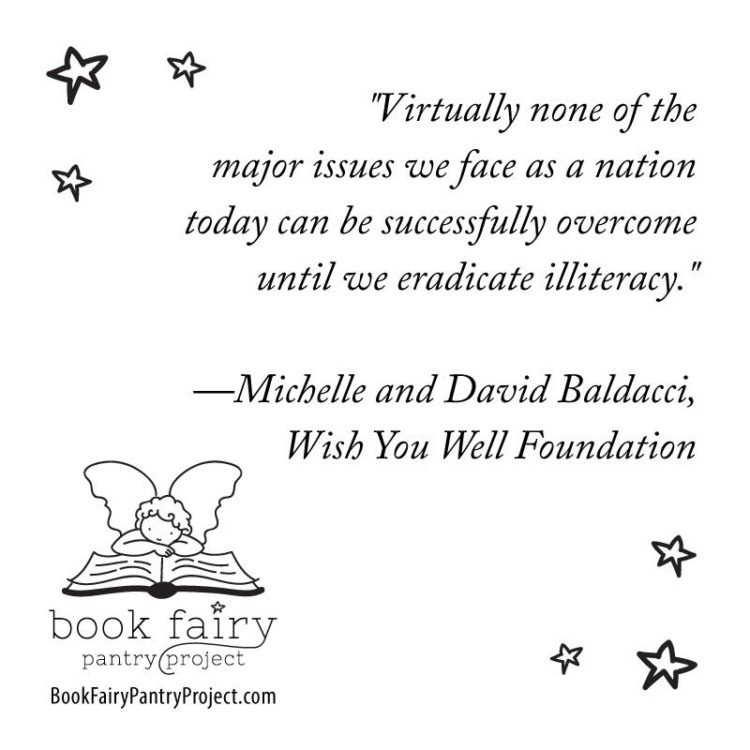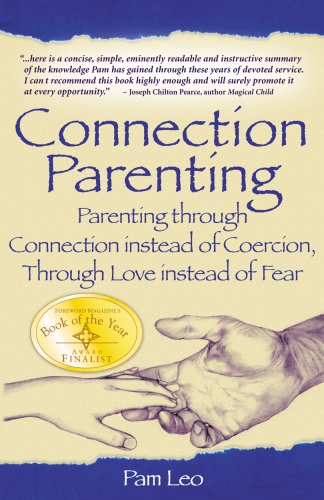“…stories taught me many things: that I didn’t have to be ashamed when I was afraid, that I could learn to be brave, that there were times for sorrow and times for joy, that things were always going to change, and that some things – like love and courage, hope and faith – were unchanging.”
– Joseph Bruchac, author, Tell Me A Tale

It was the worst of times, it was the worst of times. When the world as we knew it suddenly shut down on March 13th, the job description of parenting expanded to include simultaneously figuring out and coordinating distance learning from home for each child on Zoom, and figuring out working from home with children at home. Teachers and parents alike scrambled to figure out how to do life in a way they’d never done it, with no time to prepare.
It is now July, and it’s hard to tell what life will look like in the coming months. Though some businesses and some childcare centers are opening up again, many families who were planning on summer camp for child care are now facing the continuation of the juggling-working-at-home-with-children- at-home situation for the summer and trying to figure out how to create some sort of summer camp substitute at home, also with no time to prepare.
It is well known that in every crisis there is also opportunity. Three of the most important things we have the opportunity to do this summer are:
1) To read aloud with our children every day, no matter what their age. It will strengthen our connections and they will return to school stronger readers. Strong readers can do better in every subject.
2) To create as many opportunities as possible for them to have the outdoor time and experience in nature that will strengthen their eyes and their bodies for the tasks of reading and writing.
3) To teach our children the difference between charity and social justice, the need for both and how we can work for both. Donating some of their books to other children is charity. Building and stocking a Little Free Library in a less-income neighborhood is working for social justice.
In the past, my July/August articles have featured my newest tips on preventing the dreaded “summer slide” in reading. This summer the concern about reading is not that children won’t be willing to read, but the fact that many children won’t have books TO read. With the schools and libraries closed, many parents, with few or no children’s books in their homes, turned to the schools, who turned to Book Fairy Pantry Project to help them provide free books for their students. I’m proud to say that we have been collaborating to provide as many free books to as many children as possible.
This dire need for books for all children, that has always been there, has suddenly become magnified by this pandemic crisis. Along with the many other inequalities that have risen to the forefront is the disparity in access to books between the less-income families and the more-income families. This is not a good time for very many things, but it is a perfect time to address illiteracy as the social justice issue that it is .
During this pandemic summer, how children will have books to read will depend entirely on whether they live in less-income or more-income families. The libraries, which have always been the great literacy equalizer, cannot fill that role right now. The more- income parents can just order new books for their children online. The middle-income parents will once again be able to buy gently-used children’s books at the reopening Goodwill resale stores. And now, more than ever, less-income parents, who are struggling just to feed their children, will be relying on the charity of their community to provide books for their children.
What we must pay attention to this summer, more than a summer slide in reading, is the slide in our humanity. If we are ever to win the war against illiteracy, we need “boots on the ground” to get “books in their homes.” One Book Fairy is not enough in the best of times. In these unprecedented conditions we need a fleet of Book Fairies if all children are to have books in their homes. The likelihood that children will successfully learn to read is greatly diminished when there are few or no books in their homes. In our culture, children who cannot read cannot thrive. Their future standard of living and quality of life will hinge directly on their ability to read.
Recently, when I heard Rabbi Steve Leder on the Today Show, telling us, “Don’t come out of hell empty handed” his words stopped me in my tracks. I thought, “He is so right! We must make this tragedy count for something.” If we spend the time we have with our children this summer focusing on creating connections with them and teaching them to have empathy and compassion for others, the lessons our children learn can change their lives and the world, for the better, forever.
For more information about starting a Book Fairy Pantry Project in your community, visit the website www.BookFairyPantryProject. The program materials and guides are free!


